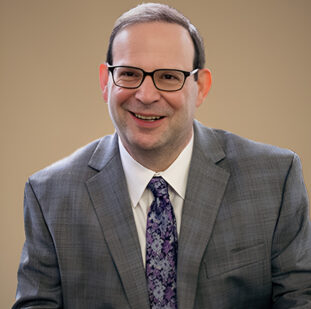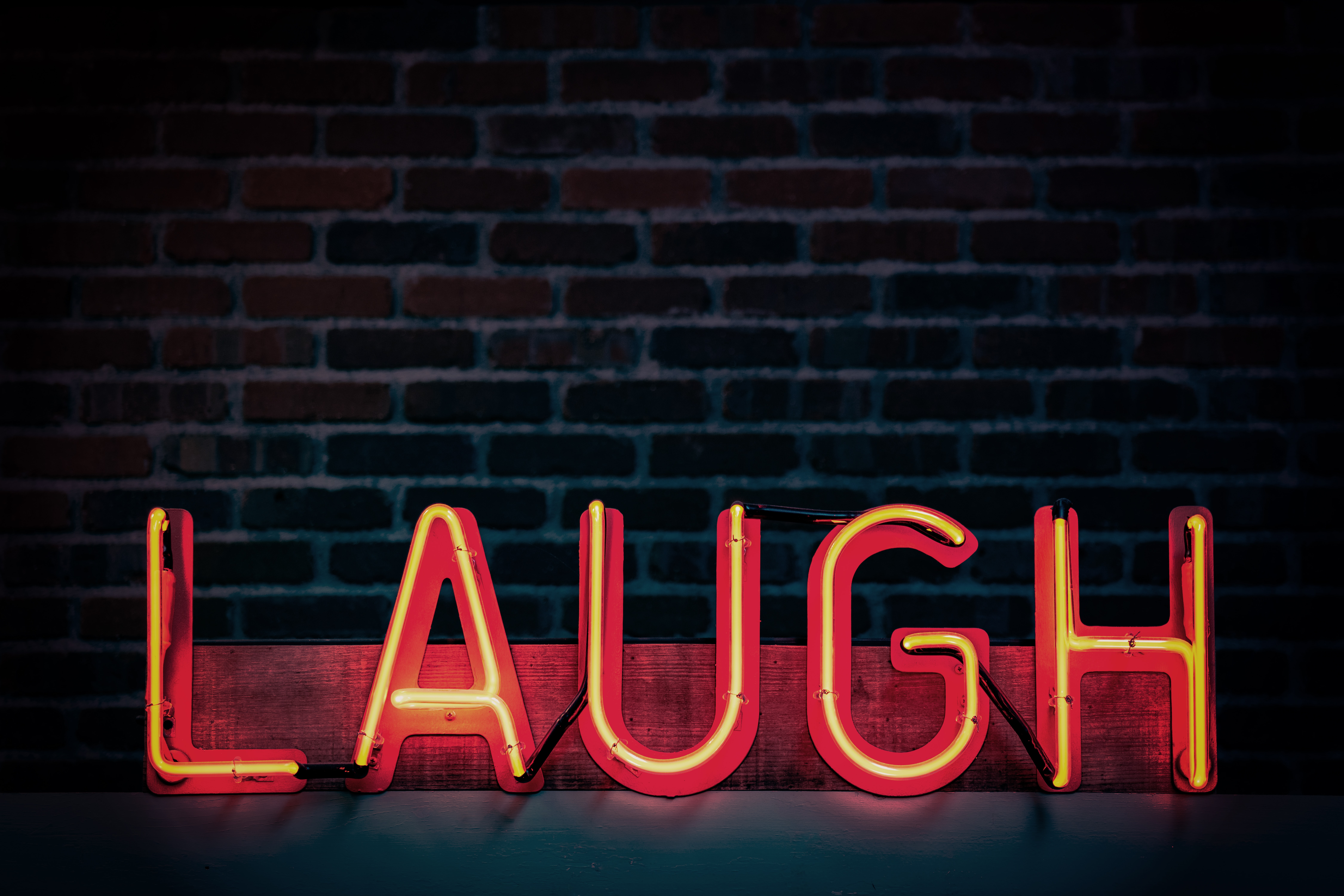The latest development in the world of comedy law is a flurry of lawsuits in recent months by comedians suing Pandora and SiriusXM, and a continuing heated dispute with Spotify (who initially yanked the comedy albums of hundreds of comics off their service). The dispute is over payment of public performance royalties when these entities play recordings of the various comedians’ comedy routines. Many of these comedians (or their estates), are represented by one of two companies that were started within the past three years: Spoken Giants and Word Collections. Earlier this year, Word Collections sued Pandora for copyright infringement on behalf of clients, including Bill Engvall, Andrew Dice Clay, George Carlin and Robin Williams. Subsequently, Nick Di Paolo, Lewis Black and most recently, George Lopez, filed their own infringement complaints against Pandora. All of these lawsuits have now been consolidated into one action pending in the Central District of California.
What’s the Basis for the Comedians’ Claims?
Comedians have been putting out albums of their material since there have been albums, and comics have earned artist royalties from their record labels from the sale of their recordings. But recording artists who write their own songs (like a comedian performing her own material) also earn significant income generated from the public performance of their songs – in addition to their “artist” royalties payable by their labels. For example, when Frank Sinatra’s recording of “New York, New York” is played on the radio, the songwriting duo of Kander and Ebb get paid public performance royalties through BMI. Similarly, if a recording of O’ Blue Eyes crooning “The Way You Look Tonight” is spun on an oldies station, the songwriters, Jerome Kern and Dorothy Fields, get paid through ASCAP. However, neither Sinatra’s heirs nor his label gets paid a dime for radio airplay, but that’s a subject for another blog post.
Why is it that songwriters get paid for the public performances of their songs? Section 106 of the Copyright Act lists the “bundle of rights” that a copyright owner gets. These rights include the right to make copies and distribute the work, the right to create derivative works and, most pertinent to this post, the right to publicly perform the work. Songwriters and their music publishers have been paid for public performances of their works (which currently include recordings played over radio, TV, satellite, cable and streaming services) for over a century, and the music performing right organizations, ASCAP, BMI, SESAC and GMR, were created to license these public performing rights in musical compositions.
However, the Section 106(4) public performing right is not limited to music. Section 106(4) also grants a copyright owner to do and to authorize “in the case of literary, musical, dramatic, and choreographic works, pantomimes, and motion pictures and other audiovisual works, to perform the copyrighted work publicly.” The list of works includes “literary” works, which not only covers poems, plays and novels, but also jokes and comedy routines, provided that such material is, in accordance with Section 102(a), (1) an original work of authorship and (2) is fixed in a tangible medium. Assuming the comic’s original material is either written down or recorded, it’s fixed in a tangible medium and is therefore a literary work that can be performed publicly. In the case of comedy, it’s nearly always performed by the person who created the material unless you’re dealing with joke theft.
Why Are These Lawsuits Happening Now?
Although the current Copyright Act has been in effect since 1978, comedians have only recently “discovered” the public performing right – and the revenue stream that comes with it. This is because spoken word recordings weren’t often performed on the radio and comedians were accustomed to relying on payment as performers of their works, whether as recording artists, or the live or recorded performances of their concerts, for their income. However, with the proliferation of streaming services and the hundreds of channels available – many solely devoted to comedy – comedians and their lawyers have realized there’s been a dormant right to be exploited (and money to be made from it). And it’s no coincidence that the founders of both Spoken Giants and Word Collections are former music industry executives.
The streaming services and SiriusXM are resisting having to pay these additional fees. Their position is that, like other recording artists, the comedians are getting paid royalties on their recordings. However, as Jim King, the CEO of Spoken Giants and a former BMI executive, pointed out in a recent interview, Taylor Swift gets paid separate royalties for being a recording artist and for also being a songwriter.
SiriusXM (and its Pandora subsidiary) are apparently now asking comedians to enter into letter agreements where they acknowledge that their public performing rights as writers have been and will continue to be integrated into the other licenses relating to the comics’ also being recording artists. This is a form of “direct licensing” that songwriters, particularly composers who write film scores movies and shows produced by some streaming services, have faced in recent years. Unless the composer is given a significant increase in the up-front payment, it’s generally advisable not to directly license public performing rights and to continue to collect those rights through organizations like ASCAP and BMI. Here, SiriusXM is attempting to recognize the comedians’ public performing rights as writers without paying anything to license those rights.
****
If you’re a comedian, the protection of your intellectual property is no laughing matter. If you have any questions regarding what’s protectible and how you may earn money from your jokes and routines, please work with a lawyer who is experienced in the nuances of comedy law and copyright law. Contact a member of our team for next steps.





